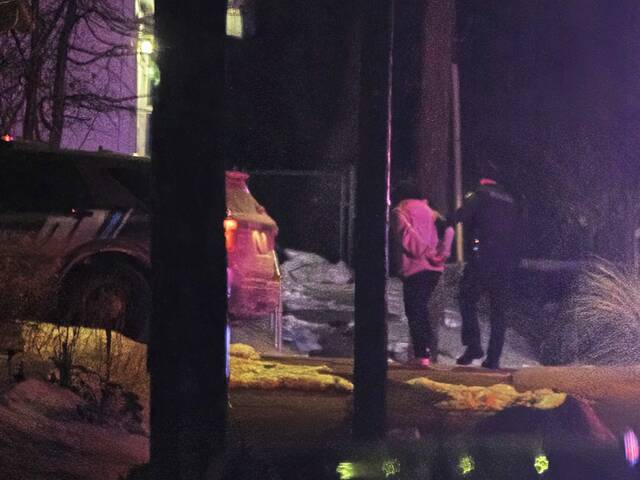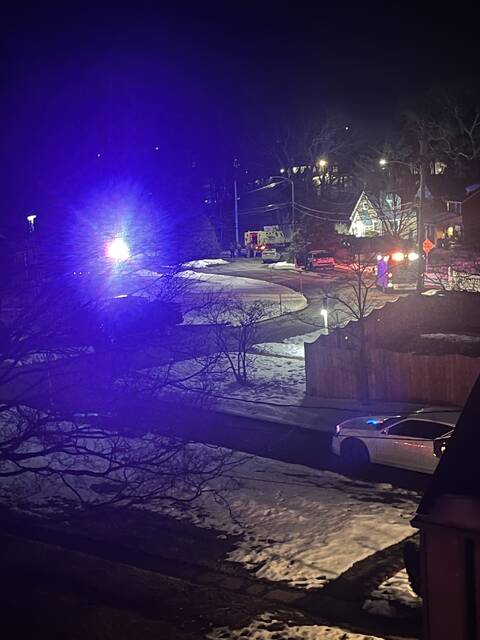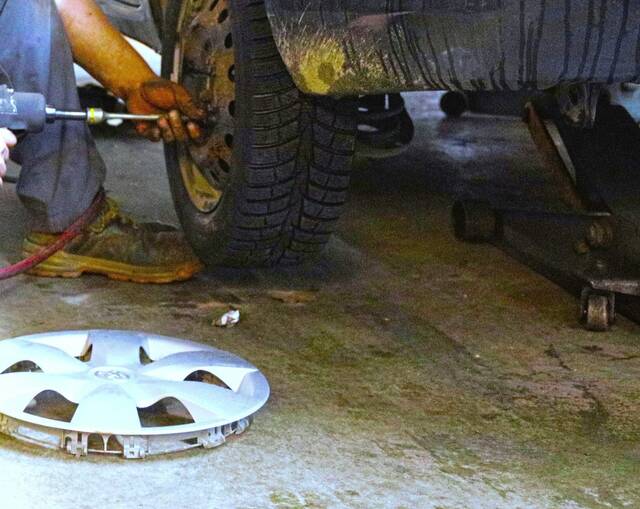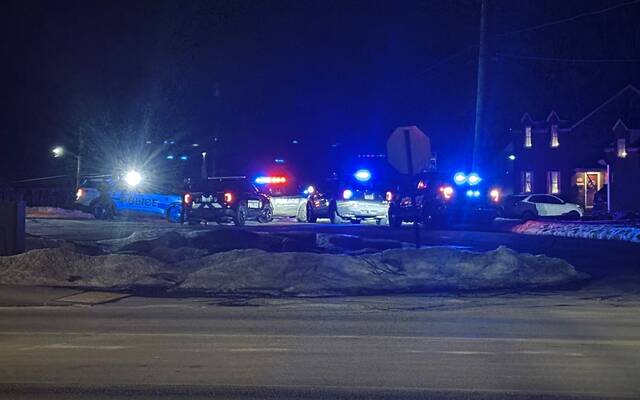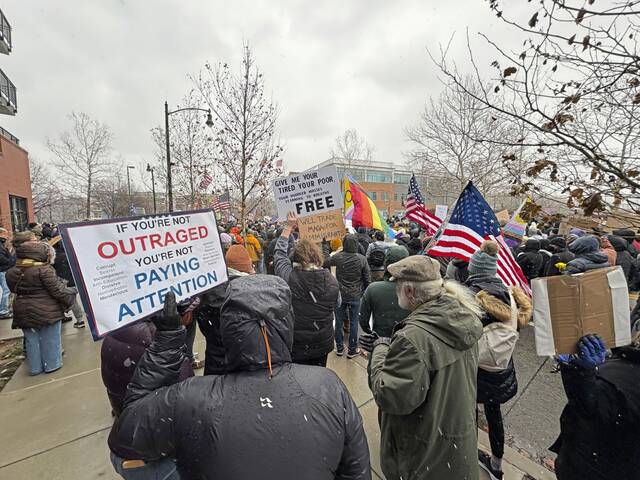How well informed community members are about the impending Parks Township nuclear waste dump cleanup depends on who you ask.
Preliminary results from a survey sent out by University of Pittsburgh master’s degree candidate Ariana Scott suggest a startling lack of awareness, with a majority of respondents indicating they aren’t attending community information meetings. Since mid-June, she has promoted the survey using social media, flyers and, in limited cases, direct mail.
“It’s not that I believe the government isn’t trying to get community participation,” Scott said. “It’s just not happening yet.”
In pursuit of her Master of Public Health degree, the Leechburg native is researching public perception of the impending excavation project, which is set for the spring after multiple delays and decades of planning by the Army Corps of Engineers and its contractors.
From about 1960 to the early 1970s, the Nuclear Materials and Equipment Corp. (NUMEC) buried 10 trenches worth of radioactive waste at the 44-acre site, known by federal agencies as the Shallow Land Disposal Area. Babcock and Wilcox, now known as BWX Technologies, purchased the property in 1971.
Waste from the former nuclear fuel processing plant ranged from highly enriched uranium to contaminated clothes, a byproduct of lax health and safety measures.
The Army Corps expects remediation to take until 2032 and cost well over half a billion dollars.
Officials are seeking a supplemental contract between $250 million and $500 million, on top of an existing $350 million agreement, with funding expected to be finalized late next year.
Crews will dig up the contaminated soil and waste, seal it in containers and ship it to a facility in Wampum, Lawrence County, before a final transport by rail to a disposal site in Utah.
Army Corps spokesperson Carol Vernon said the agency has gone to great lengths to communicate information to residents and assuage fears of off-site contamination.
Recent groundwater monitoring shows no migration of contaminants from the site, and air monitoring hasn’t indicated any release of hazardous particles beyond federal standards, officials told the public at a September meeting.
For more than a decade, the Army Corps has held semi-annual meetings with Parks Township residents.
Engagement is as high as ever, according to Vernon.
Following an attendance dip a few years back, the Corps recalibrated its outreach by advertising meetings not just through news releases, but flyers posted in coffee shops, pizza parlors and other community hubs.
Their most recent meeting in June ditched the traditional question-and-answer format in favor of a station-based event, where attendees could circulate around the room and have one-on-one chats with experts.
Vernon said she routinely fields calls from concerned citizens on her personal cellphone, a testament to the Corps’ commitment.
“We have gone above and beyond, I believe, to make sure we answer as many questions as we can, that we keep the public involved in what is going on up there,” Vernon said. “We really are doing everything we can to make sure not only that people are comfortable, but they’re getting their information.”
Parks Township Supervisor Mary Ralston agreed with Vernon’s appraisal. In particular, Ralston said, the new meeting format bolstered her confidence in the Corps’ ability to complete the job in a safe and transparent manner.
“I feel confident that they’re handling it in a good way, and I’m anxious for them to get started next spring,” Ralston said.
Despite some respondents who are highly critical, or simply ignorant of the remediation plans, Scott said the goal of her thesis is to quantify the information environment surrounding NUMEC’s activities and the impending cleanup, rather than to criticize the Corps.
Even the perception of contamination, Scott said, is enough to cause people harm.
“One of the things that causes illness in people is stress,” Scott said. “If people are living next to a site that causes them stress … they’re still going to have potentially poor health outcomes from that.”
The anonymous survey will be open to residents of Parks Township, Apollo, Leechburg, Vandergrift, Oklahoma Borough and Hyde Park through at least the end of July.
Scott also is seeking interview subjects, primarily from Parks Township residents, to speak about their perceptions of the dump site. She can be reached at ars315@pitt.edu.
Editor’s note: The online link to the anonymous survey was not working in the initial posting of this story. That has been corrected.



